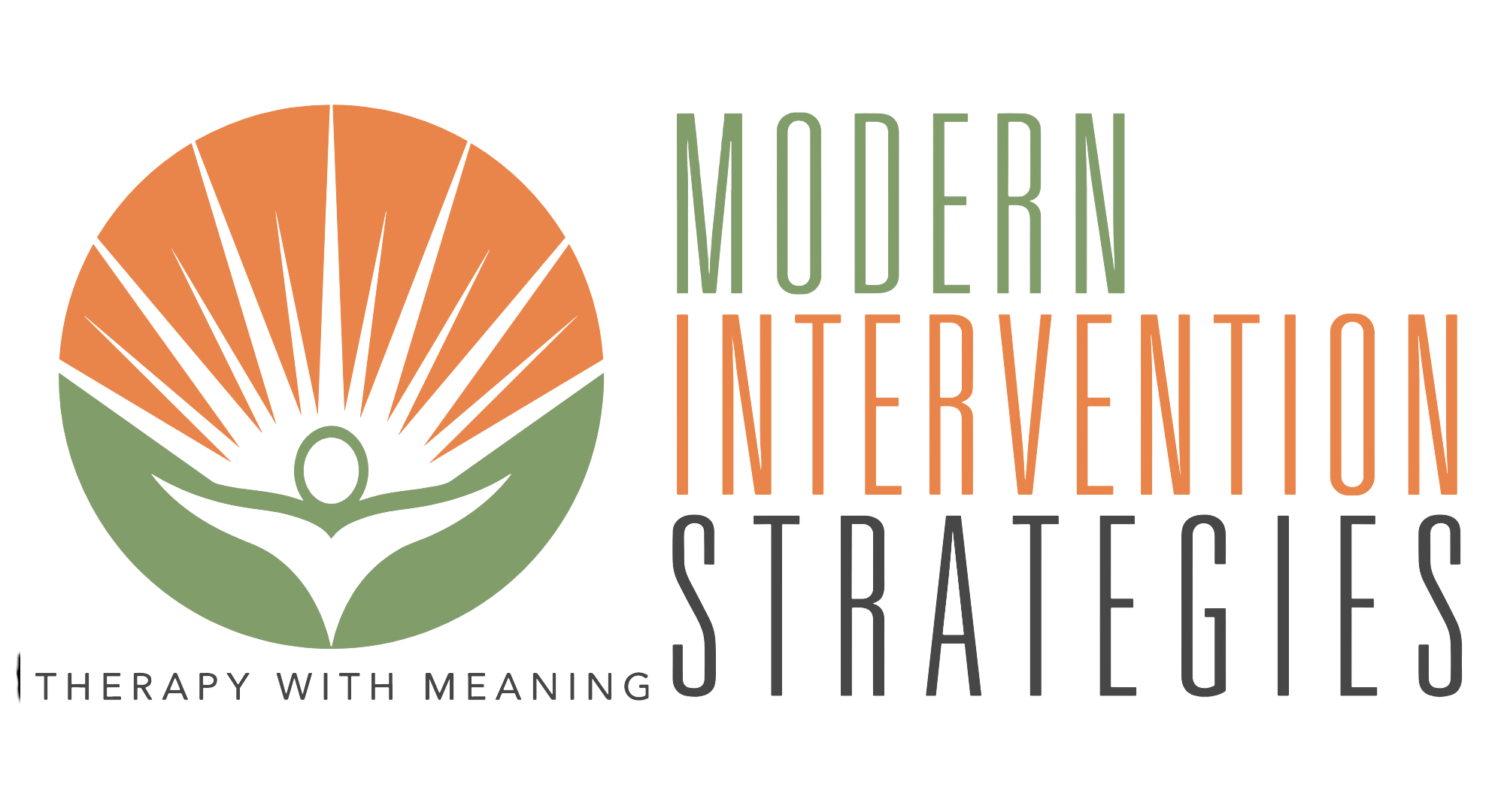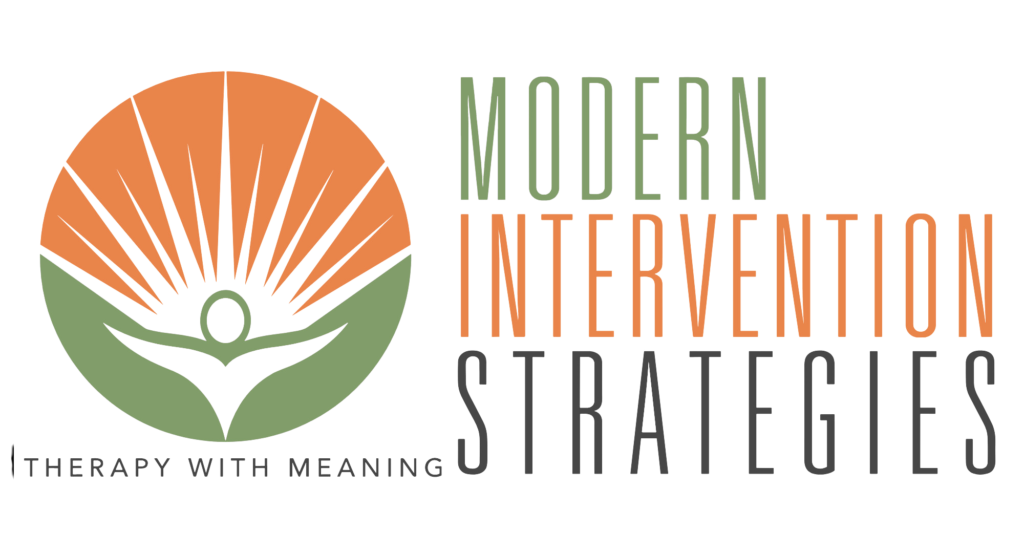Couples Therapy
Are you and your partner having difficulty communicating with each other? Do you feel misunderstood and unheard when you try to tell them what you need? Would you rather avoid having an important conversation than risk another argument?
When you’re out of step with your partner, everything can feel off. Your unity is important for keeping the household together and yet you can’t seem to agree on anything anymore. You may argue over finances, decisions regarding the kids, or the lack of time you spend together.
The less you communicate openly and honestly, the more each of you withdraws from the relationship. Your lack of emotional connection may be putting a strain on how you interact. Perhaps you become easily frustrated with each other which only makes your arguments more frequent.
Your unhealthy dynamic could be leading to a lack of sexual intimacy or confusion about where you stand with each other. You might have suspicions—or confirmed—that your partner has been unfaithful, negatively impacting your self-esteem and widening the gulf between you.
Perhaps You Struggle To Be Vulnerable With Each Other

Maybe your issues stem from a fear of putting yourself out there and risking getting hurt. One of you might struggle to express themselves and let the other get close. However, when you don’t convey your true emotions, they eventually bubble in fits of anger or sadness.
The good news is that couples therapy can help you repair your relationship. By teaching you more effective ways of communicating, you and your partner can restore the special connection you once had.
Perhaps You Struggle To Be Vulnerable With Each Other
Sustaining a long-term relationship is difficult. We all experience problems throughout the course of a marriage or committed relationship that can lead us to drift apart. When our communication breaks down, it can lead to arguments and misunderstandings.
Although communication issues between couples are inevitable from time to time, we may be more likely to struggle when our expectations of each other are unrealistic. Most of us expect a lot from our partners—to be our best friend, lover, financial partner, and co-parent of our children. We expect them to fulfill all of our emotional needs while also being a stable partner who has their own life completely figured out. Even under the best of circumstances, that’s a tall order to fill.
Unfortunately, our culture has perpetuated the notion that everyone has a soulmate who can provide us with all of these things at all times. We are told that our perfect partner will “complete” us, as though we are missing a component of ourselves without them. Some of us lose sight of the fact that we have to “give to get” in a relationship, or at the very least be open to receiving what we want and learning how to ask for it.
Social Media Encourages Unhealthy Comparisons To Others
Social media has only served to amplify our unrealistic expectations about relationships. When we see what other couples post online, we compare ourselves to an idealized version of reality. We may believe that our relationship isn’t measuring up, but the truth is that the comparison we’re making to others is misguided.
Before considering separation or divorce, you can help dispel your unrealistic expectations in couples therapy. By appreciating one another as you are and learning how to express that appreciation, couples counseling can help foster a healthier relationship.
Couples Therapy Can Bring You Closer Together
When you’re not in sync in your relationship, it can feel like nothing you’re saying registers with your partner. Couples therapy gives you the space to be heard, seen, and understood by your partner with the guidance of a trained therapist modeling and supporting productive communication.
Successful therapy requires trust and commitment to be established between the therapist and each of you. We aim to co-elevate together, ensuring that we are all on the same page, aligned with achieving the same goals and agenda. With a commitment to the therapeutic process, transformation is possible

What To Expect In Sessions
After completing the intake process, you and your partner will be assigned to a couples therapist well-suited to your needs and meet with them weekly for the first two months. If at any time we determine that one or both of you may benefit from individual counseling, we will assign you to a different therapist for separate sessions.
Experiencing differing opinions within a relationship is normal, but communication breaks down when you can no longer express yourself without the conversation devolving into an argument. One of our goals in couples counseling will be to help you and your partner communicate effectively so that your disagreements can reach a productive resolution. You will learn and apply effective techniques that combine clear intention with emotion regulation so that each of you can express your true desires clearly.
In ongoing sessions, bringing awareness to how you respond to one another and exploring why each of you reacts this way will get to the core of your communication style. We will identify the coping mechanisms you have each developed—such as shutting down or getting frustrated—when dealing with difficult emotions you can’t express. By teaching you how to connect with yourself first to pinpoint what you need in that moment, you will learn how to ask for what you want in a way that your partner will hear you.
The Modalities We Use
Couples can benefit from Solution-Focused Therapy (SFT) as well as Cognitive Behavioral Therapy (CBT). SFT helps identify what’s working well in your relationship and what your shared vision looks like. We will help you reevaluate expectations and learn to appreciate what each of you brings to the relationship.
With CBT, you will gain insight into how thoughts and feelings operate in changing the way you think, act, and feel. As you start to recognize the relationship patterns that continue to produce the same outcomes, you can learn tools to adopt new ways of thinking, feeling, and communicating. Fostering accountability will change your mindset and shift the dynamics of how you relate to each other.
After your six-month treatment plan is completed, you can expect a transformation in how you connect with yourself and your partner. When you can learn how to show up fully for yourself and as well as your partner, rediscovering bliss and fulfillment in the relationship is possible.
But You May Wonder Whether Couples Therapy Is Right For You…
What if I can’t get my partner to come to couples therapy with me?
If your partner is resistant to marital or couples counseling, we encourage you to begin therapy on your own first. Rather than being told what to do, your partner might respond better if they see you are taking action to help improve your relationship. When they witness a shift in the way you approach communication after attending therapy, your partner will hopefully gain trust in the process and be open to joining you in couples counseling.
We can’t commit to two months of weekly couples counseling.
We want you both to get the most out of couples therapy so that you can positively transform your relationship. The process of change requires a level of commitment from each of you to shift your current dynamic. We noticed our clients seem to benefit the most when they engage in consistent sessions with a couples counselor for the first two months. This approach sets up a solid foundation, equipping you with the tools you need to work on the relationship right away.
Why don’t you accept my insurance?
We value the work we do to help you achieve the relationship you want. However, in many instances, insurance companies limit our ability to do that. Not only does eliminating insurance allow us to keep your private information confidential, but it also enables you to become fully invested in your journey of transformation. To provide you with quality, result-driven couples therapy, we developed a six-month model that guarantees you results. Knowing your therapy will be completed in a fixed timeframe can offset not having insurance coverage.

Addressing unresolved trauma will help you start a new chapter in your life.




